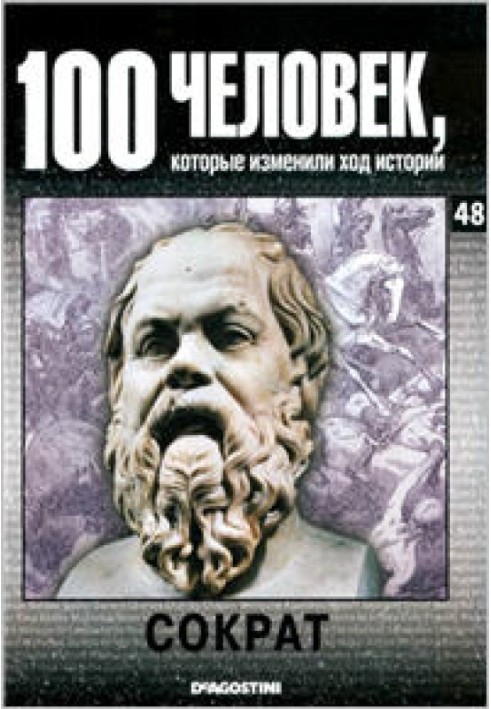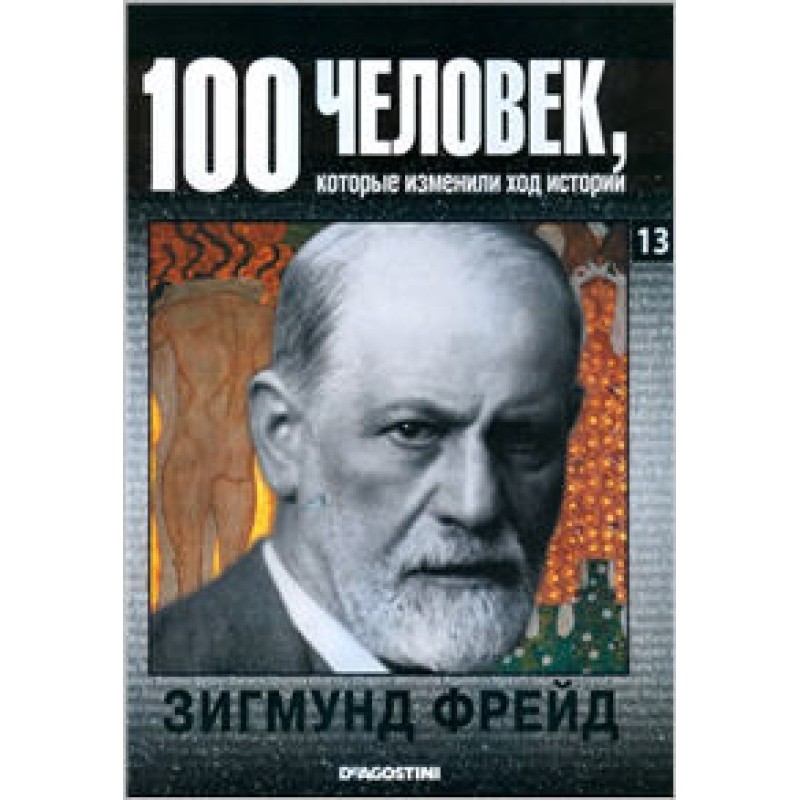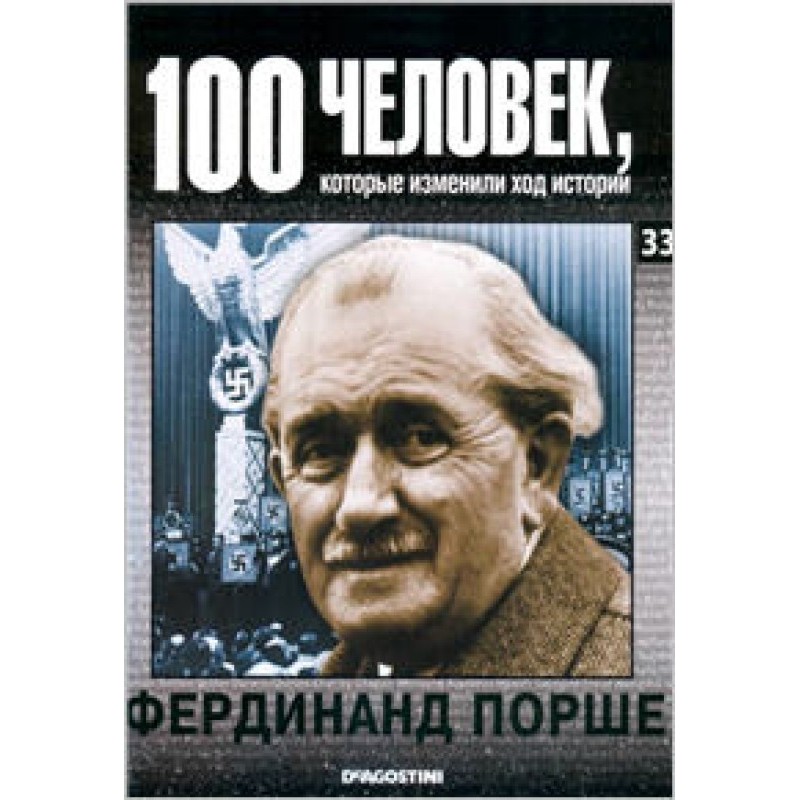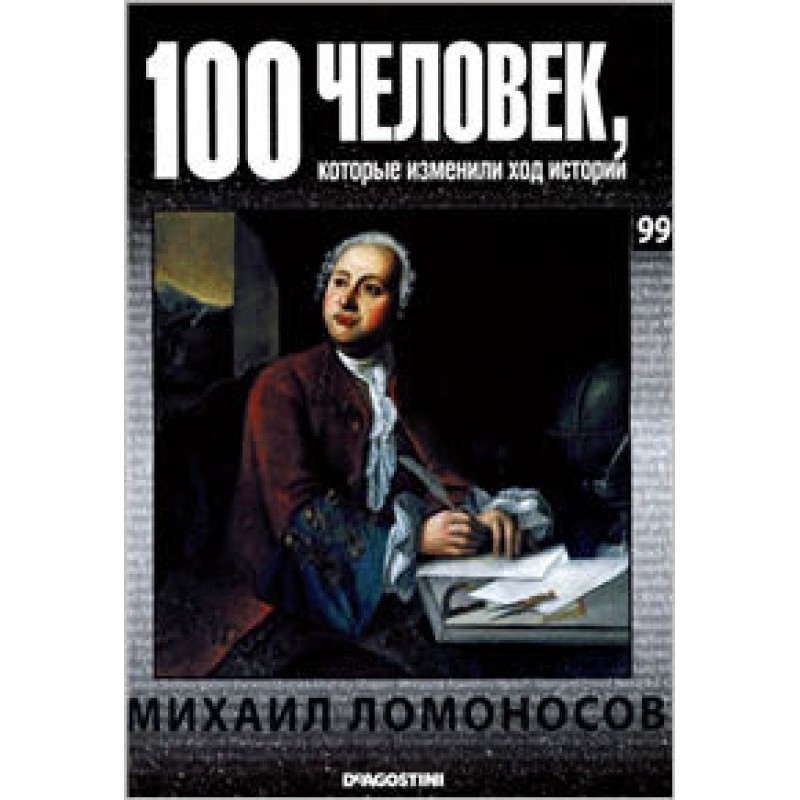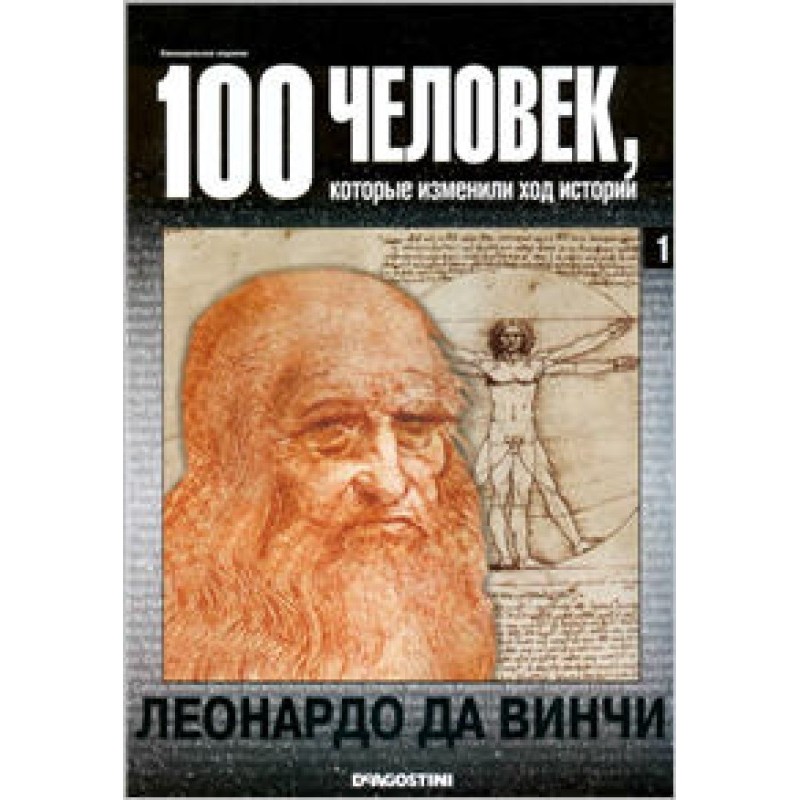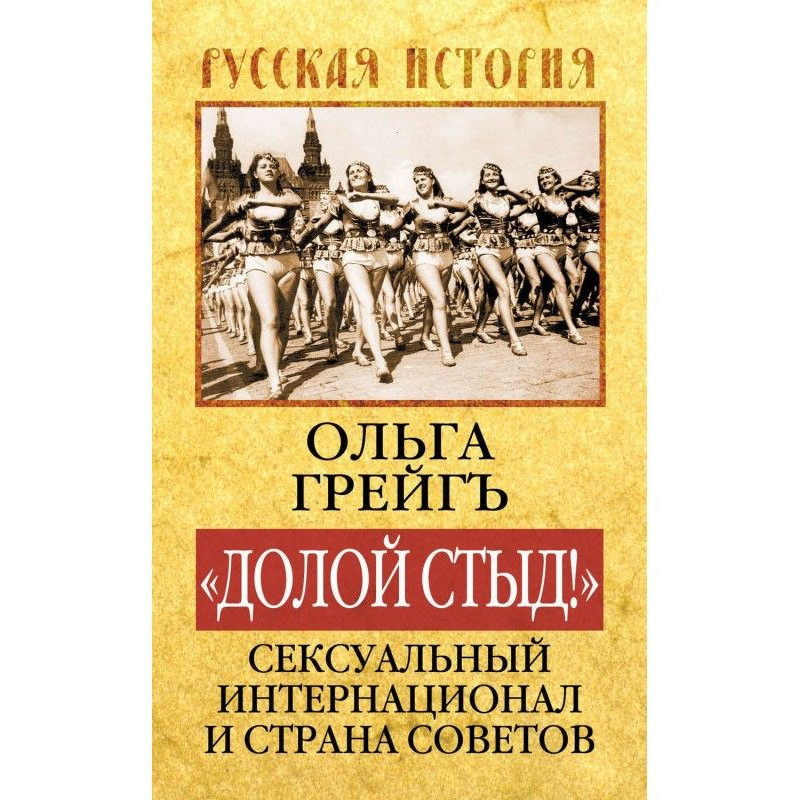Socrates
 Instant download
Instant download
after payment (24/7)
 Wide range of formats
Wide range of formats
(for all gadgets)
 Full book
Full book
(including for Apple and Android)
The name of Socrates (469-399 BC) is associated with the first fundamental division of the history of ancient philosophy into pre- and post-Socratic philosophy, reflecting the interest of early philosophers of the 6th-5th centuries BC. to natural philosophy (the established term for this period is “pre-Socratics”), and the subsequent generation of sophists of the 5th century BC. - to ethical and political topics, the main one of which is the education of a virtuous person and citizen. Socrates did not recognize the problems characteristic of philosophers of those times: about nature, its origin, about the universe, etc., but believed that philosophy should deal with man, his moral qualities and the essence of knowledge, i.e. First of all, questions of ethics. This approach marked a revolution in philosophy, and Socrates himself became the embodied ideal of a true sage in the historical memory of mankind. Socrates spent almost all his free time in conversations with people of different social strata, trying to ensure that the interlocutor correctly understood the subject of the conversation. With the help of well-posed questions, he helped to realize his misunderstanding and pointed the way to better construction of concepts. The use of dialogue to achieve truth is the greatest merit of Socrates in the history of philosophy, since all previous philosophers only postulated their positions. Socrates' dialectic embodied his anti-dogmatism and pluralism. He did not consider himself the “father of wisdom,” but tried only to arouse in man a desire for truth. Socrates famously said: “I know that I know nothing, but many do not know this either.” The main criterion in the philosophy of Socrates was morality. The philosopher identified it with knowledge and truth in general, and therefore turned to the study of the foundations of knowledge. He believed that knowledge is a prerequisite for morality, and true morality is the knowledge of the good. For Socrates, knowledge and morality turn out to be inseparable: “Nothing will force anyone who has known good and bad to act differently than knowledge dictates, and reason is strong enough to help a person.” Thus, in the ethics of Socrates, a rationalistic line is clearly revealed: virtue is knowledge, bad is ignorance. Socrates’ teaching was oral. The thinker himself did not write anything, so his views can only be judged by the works of his students and contemporaries, the most valuable of which are Plato’s “Dialogues” and Xenophon’s “Memoirs of Socrates.” The problem of the reliability of the portrayal of Socrates’ personality in surviving works is the key issue in all studies about him.
Data sheet
- Name of the Author
- Анастасия Жаркова Евгеньевна
- Language
- Russian
Reviews
Неперевершений внесок у філософію
Книга про Сократа - це справжній скарб для всіх, хто цікавиться філософією та історією людської думки. Автор майстерно розкриває постать Сократа, його ідеї та методи, які стали основою для подальшого розвитку філософії. Читач дізнається про те, як Сократ, відмовившись від традиційних тем філософії, зосередився на моральності, етиці та людських цінностях. Його знаменитий вислів «Я знаю, що нічого не знаю» відображає глибину його розуміння знання та істини. Книга також порушує важливі питання про достовірність джерел, з яких ми дізнаємося про Сократа, що робить її ще більш цікавою для читача. Це не просто біографія, а глибоке дослідження філософських ідей, які залишаються актуальними й сьогодні. Рекомендую цю книгу всім, хто хоче зрозуміти, чому Сократ вважається одним з найбільших мудреців в історії людства.

